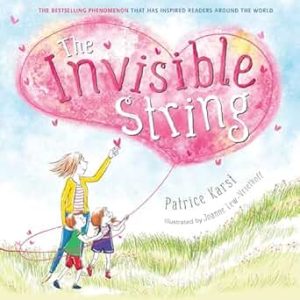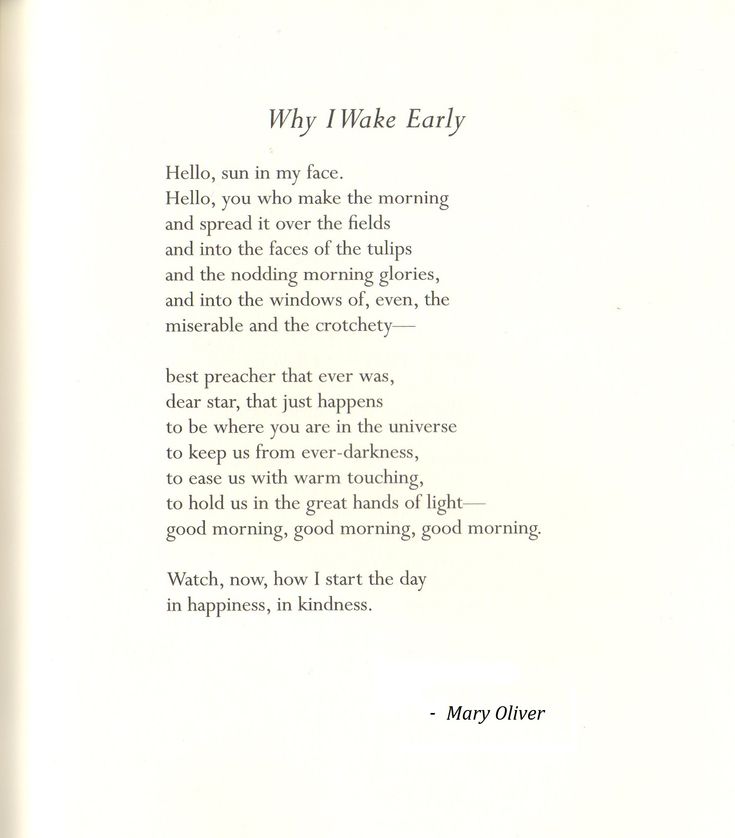Rituals & Routines
Rituals and routines can have a profound and positive effect on your mental health and your sense of well-being. They provide structure/predictability, opportunity to make meaning of life experiences, and nurture our interpersonal connections. Engagement in routines and rituals can also enhance mindful living, build our internal resources, and enhance our emotional resilience.
Routines are repeated and predictable events that guide us through our daily tasks and regular activities. A predictable schedule of events provides a basic framework for how our days unfold. Routines can be created and individualized to match our daily needs for sleeping, eating, working, playing, and connecting with others.
Routines are often associated with achieving goals and completing tasks – focused on productivity and moving forward towards self-improvement or better health. Rituals can make daily routines more meaningful, relational, and manageable. For example, goodbye rituals can be used on a daily basis to provide comfort and ease during parent-child separations.
Rituals are often associated with healing and enrichment – enhancing feelings of purpose and connection to something greater than ourselves. Rituals nourish our soul and nurture our sense of peace, stability, and control. Rituals also create opportunities for reflection, meaning-making, and integration of life experiences.
Rituals can be special actions used to ease transitions and embrace change. Whether the transition be celebratory or difficult, rituals help us navigate important emotional events and deepen our connection to others. For example, rituals are used during life transitions such as graduations and becoming a parent. Rituals are also used to ease the pain associated with grief and loss.
Émile Durkheim describes an uplifting feeling and sense of commonality that happens when we participate in rituals with others – a collective effervescence or emotional contagion that helps us feel like we are part of a larger community (even with strangers). (https://greatergood.berkeley.edu/article/item/what_happens_when_we_lose_our_social_rituals).
Rituals are embedded into many family, cultural, and spiritual traditions such as weddings, funerals, birthdays, and holidays. Rituals provide a means for individuals and communities to acknowledge important life events, to process significant information, and to heal emotional wounds. Rituals are also embedded into secular events and everyday life. Rituals can improve one’s sense of personal well-being and their connection with others.
Engagement in rituals also helps lower stress, reduce symptoms of anxiety and depression, boost confidence, and enhance performance. “According to Andrew Newberg, the associate director of research at the Marcus Institute of Integrative Health, rituals lower cortisol, which in turn lowers heart rate and blood pressure and increases immune system function” (https://www.yesmagazine.org/issue/good-money/opinion/2018/12/20/why-rituals-are-good-for-your-health).
Rituals are most beneficial and effective when personalized. It is important to create rituals that resonate with your values, beliefs, and personal preferences.
- Establish rituals that enhance expressions of joy, promote peaceful living, and bring fulfillment.
- Include activities that are calming and grounding.
- Include activities that help you feel connected to yourself, others, and the world.
- Explore and experiment with different practices.
- Be open to adapting and adjusting your practices.
- Seek activities that feel authentic and natural for you.
- Focus on practices that are sustainable and stable.
Consistency, continuity, and intentionality are important factors for establishing rituals – whether these be daily, weekly, monthly, or annual events.
Please accept this invitation to explore how rituals fit into your everyday life. Below are some examples and ideas to help activate the power of rituals in your life starting today.
Daily Rituals:
- Greet the day with something beautiful, nurturing, and hopeful
- For example… place a beautiful image, photo, written phrase, or crystal/gem in a place you see every morning (e.g., on your nightstand, in the bathroom) – intentionally notice and appreciate the beauty while slowly inhaling/filling your belly and then extending one exhale
- Recite a mantra or daily affirmation after brushing your teeth
- Take 1 slow, deep, belly breath before sipping your morning coffee/tea
- Incorporate 1-5 minutes of mindfulness, meditation, prayer, energy work, breathwork, stretching, etc. into your morning routine
- Take a brief moment to look outside and notice nature before starting/driving your car
- Take a regular, afternoon break to nourish your body (e.g., walk down the hallway, go to the break room, refill your water bottle, look out the window)
- Offer blessings, say grace, share gratitude before eating a meal(s)
- Light candles, burn incense, or diffuse essential oils to settle in after a transition
- Say good night to the moon and acknowledge something you are grateful for every night
- Use a calming spray on your pillows before going to bed
Interaction Rituals:
- Create a special handshake to greet your child, spouse, bestie, etc.
- Hug your partner for 20 seconds before saying goodbye
- Create a “Kissing Hand” ritual to use during transitions with your child (inspired by the book The Kissing Hand by Audrey Penn)

- Tug on your invisible heart strings before parent-child separations (inspired by the book The Invisible String by Patrice Karst)

Seasonal Rituals:
- Light a bonfire on the summer solstice
- Go for a candle light walk on the winter solstice
- Watch the sunrise or sunset on the solstices
- Go on a nature walk on the spring equinox
- Collect fall leaves on the autumnal equinox
- Volunteer during holiday seasons
- Set an intention each new moon cycle
- Set a goal or intention for the new year
- Visit seasonal museum exhibits, markets, or festivals
More Ideas:
- Plan a weekly/monthly family game night
- Plan a weekly/monthly dinner date with your partner
- Look through old photos on birthdays/holidays
- Create a positive intention phrase to use as your new password every 3-6 months
- Disconnect from technology one day per year (or more)
- Offer random acts of kindness one day per year (or more)
- Make wishes on shooting stars
Other Resources:
- Dr. Rick Hanson hosts Free Weekly Talks and Meditations (Wednesday Meditations)
- Greater Good Science Center publishes a Monthly Happiness Calendar:
- Poem of the Day:

Content by Stacia Jacobson-Gray, MA, LPCC
Photo by Kelly via Pexels
